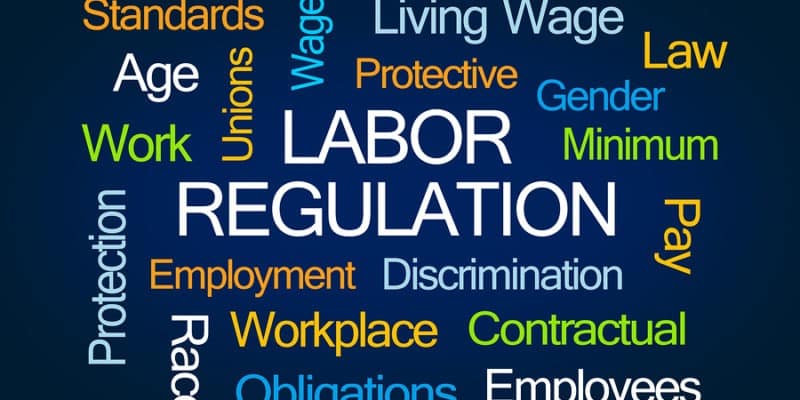The National Law Review
Friday, September 6, 2019
On August 29, 2019, legislators from the Michigan House of Representatives announced an ambitious package of 12 bills aimed at creating new criminal and civil penalties to combat employers that fail to properly pay wages and overtime pay. The legislation would also establish enhanced protections and penalties under Michigan’s whistleblower statute and create new civil remedies against employers for overzealous enforcement of noncompete agreements and for misclassifying employees as independent contractors.
Background
The bills’ highly publicized announcement, which was coordinated with local labor union leaders to occur just before the Labor Day holiday, aligns with Michigan Attorney General Dana Nessel’s Payroll Fraud Enforcement initiative. Nessel introduced the initiative in April 2019 when she created a payroll fraud hotline for reporting suspected violations of existing payroll and wage theft laws in effect in Michigan.
The new legislation would make employee-friendly modifications to several Michigan statutes, including the Payment of Wages and Fringe Benefits Act (PWFBA), the Whistleblowers’ Protection Act (WPA), the Michigan Antitrust Reform Act (MARA), and the Improved Workforce Opportunity Wage Act (IWOWA), and would amend the Michigan Code of Criminal Procedure to create a new felony offense for employers that commit a second or subsequent violation of certain provisions of the PWFBA.
Summary Analysis of the Bills
Below is a summary of the initial drafts of the ten House bills in the package that would have the most significant effect on private employers. It is important to note, however, that these are initial drafts of proposed legislation and are a long way from being enacted into law, especially given the current composition of the Michigan Legislature. However, the intense interest from the attorney general’s office and any changes in the makeup of the House and Senate could give the bills momentum.
…
Final Thoughts
As Jimmy Stewart taught us all in his 1939 film Mr. Smith Goes to Washington, bills introduced on the legislative floor have a long way to go before they become law. To be sure, the potential for civil fines ranging from $5,000 to $10,000 per violation, mandatory assessment of attorneys and lost wages, and the possibility of felony criminal penalties make the legislative package something that will garner a lot of attention. Moreover, given the intense interest from the attorney general’s office and Michigan labor leaders, it is unlikely that the bills will die without significant debate and perhaps some provisions being passed into law.










